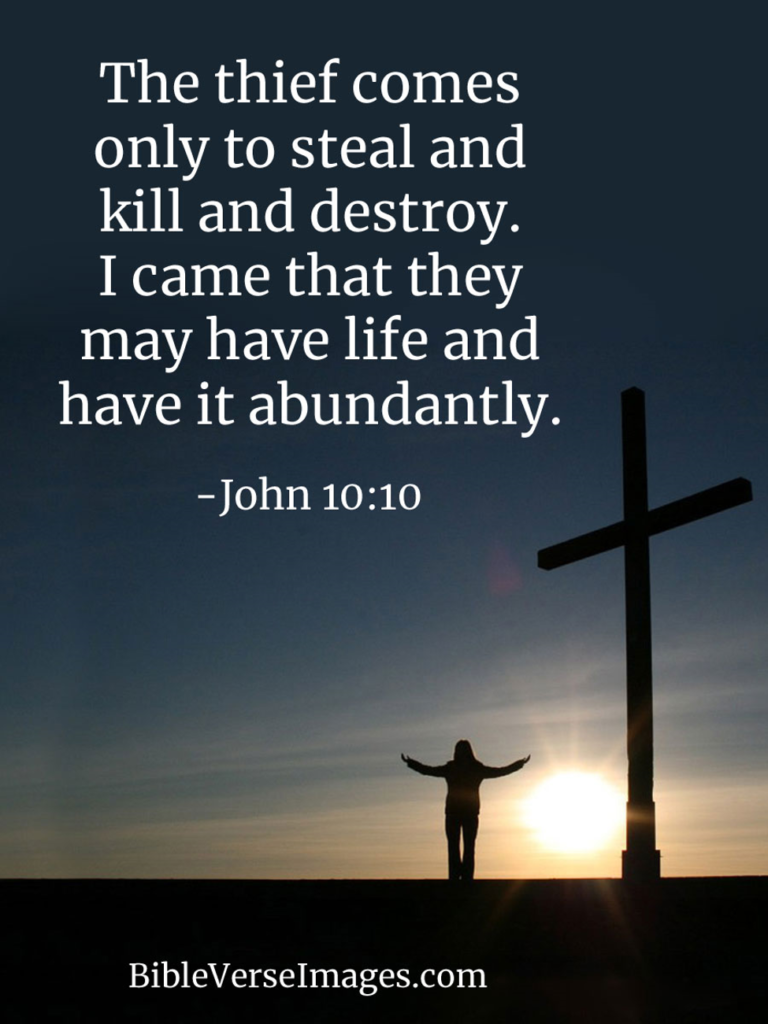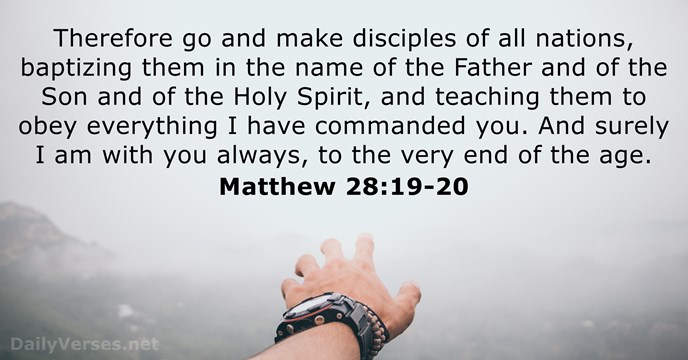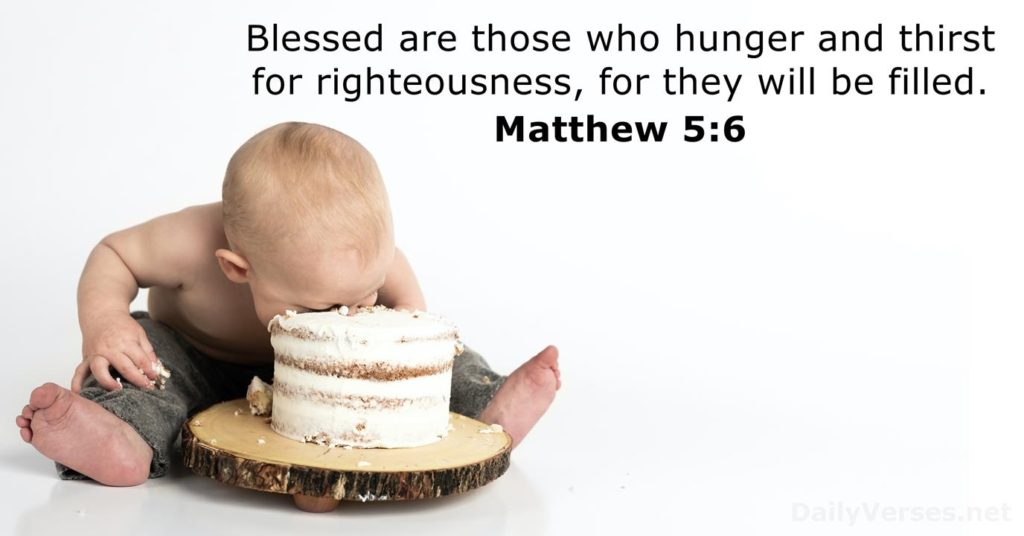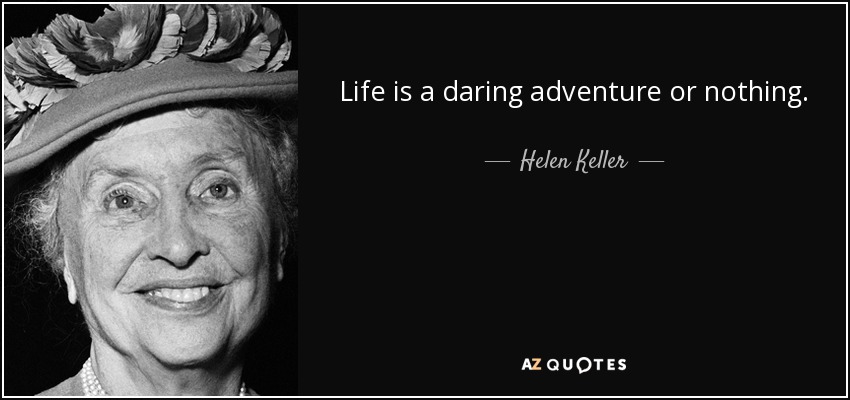Click here to return to Blog Post Intro

PART ONE
The Desire for More

A Search for More
Hawkins was seventeen years old, approaching the end of high school and contemplating his future. His Christian faith talked about a loving God and this great abundant life that was available. But he looked at the lives of adults in his life (and his church), and they didn’t seem to be experiencing that kind of life. He couldn’t reconcile the difference.
All of life, everything, is about love. God’s true identity is love Himself: His name is love, He is love, and the most important thing in life is to love Him.
We know we’re supposed to love God and love people—the two things Jesus said were most important. But how, exactly, do we love?
Bill Hybels said, “Ninety percent devotion to Christ is 10 percent too little.”
Disciples were people characterized by their love of others and their increasing love and devotion to God. Jesus said, “By this everyone will know that you are my disciples, if you love one another” (John 13:35).
Many church leaders believe that increased participation in church activities over time would lead to spiritual growth. Or as depicted by this equation:
Church Activity = Spiritual Growth = Loving People
The Stunning Breakthrough
Through a one-of-a-kind research project, Hawkins learned that church activity did not lead to intimacy with God or to becoming a more loving person.
But what did move people closer to God? One question on the survey, which simply asked, “How important is Jesus to you?” That one question enabled researchers to group the congregation into four very distinct groups:
- “I believe in God but am not so sure about Jesus. My faith is not a significant part of my life.”
- “I have a relationship with Jesus and am working on getting to know Him better.”
- “I feel very close to Jesus and depend on Him daily for guidance.”
- “My relationship with Jesus is the most important relationship in my life. It influences everything I do.”
The big difference between Group 3 and Group 4 is that to the people in Group 3, Jesus is important to their lives, but the focus is still on their lives, while Group 4 people have decided that their own lives don’t truly matter. Christ has become the center of their lives. They have set aside the agendas for their lives and are attempting to live for God.
After seeing well over forty different graphs, there was one unmistakable conclusion. Spiritual growth, the process of becoming a more loving person, was not about increasing participation in church activities. Spiritual growth was about increasing intimacy with Christ. Intimacy, not activity.
Hawkins said they gave the people surveyed a very long list of all the things they could want from their church, and here is what they said was most important to them in rank order:
- Help me understand the Bible in greater depth.
- Help me develop a personal relationship with Christ.
- Give me church leaders who model and reinforce how I can grow spiritually.
- Challenge me to grow and take the next steps.
If you read between the lines, what they are really asking for is more of God. They want to know Him more. To be closer to Him. To be more personal.
People want more from their church and more from God. There is no formula for moving into being fully intimate with God.
The Way It’s Supposed to Be
We were created for deep intimacy and oneness with God. It’s what Adam and Eve actually experienced in the beginning—a joyful dependency and trust.
Still, letting go of ourselves, our agendas, our kingdoms, is a scary idea. So instead of embracing our design as a creation by a Creator, we become little kings and queens of our own little kingdoms. We think if we’re the bosses, life will be great. But it isn’t. Life on our own is very difficult.
We might not put it this crassly, but we view God as Someone who can assist us with our lives.
As long as we stay in our kingdoms, we will never experience the best God has for us. At this point, our journey reaches a crossroads. And it’s where many of us stall, wondering if this is how life is supposed to be.
Jesus said that to gain the life that is truly life we have to lose our lives. We have to open our hand and let go.

PART TWO
Part two provides practical advice about how to live a life of more—the abundant life that Jesus promised us.
From Inside to Outside
Many of us live in a box. It’s the small box known as the Kingdom of Me.
Much like He called Lazarus out of the grave, Jesus calls to us, “Come out! Open up your box, walk out, and find your life” (see John 11:43). There is no life inside the Kingdom of Me, and we have to come out, into God’s kingdom.
In order to live the life we really want, we must make the courageous decision to get out of our boxes, leave our own kingdoms, and allow ourselves to be consumed by Love Himself.
Accomplishment, and the affirmation that came with it, was like oxygen to Hawkins. He explained, “I confessed to God that I had built an idol out of my life, that apart from Him I could do nothing. That was a moment of full surrender that I’ll never forget because I realized that God loved me anyway. I was His beloved child. In that moment, I came out of the box in the most profound way.”
Sometimes we think about surrender as defeat. Because of that, we often live in fear and resist surrender. Fear is driven, ironically, by self-reliance. The antidote to fear is faith. And faith means being fully grounded in reality: the reality that we cannot control or move or influence anything in any meaningful way. That’s the reality in God’s kingdom, where you gain your life by losing it, where you go down to go up.
What shift in action will keep us from running back to our own kingdoms? It’s simple but difficult: we must learn to say we’re sorry. Saying you’re sorry is sometimes called confession.
When we honestly confess that we’re not trusting God or that we went our own way instead of His, intimacy is restored. In that moment of honesty, you will sense Jesus saying, “I forgive you.”
Saying we’re sorry to God who loves us unconditionally is freeing. It’s simply taking a look at how we’ve lived, the choices we’ve made, honestly and prayerfully.
You may ask, “If God knows what I’ve done, why do I have to confess it?” A couple of thoughts here: God knows what you’ve done, but do you? Really? We tend to brush our mistakes under the rug. We tend to rationalize our sin, make excuses or minimize.
From Me to We
We talk about Him being “closer than a brother” (Proverbs 18:24). Jesus promises, “I am with you always, to the very end of the age” (Matthew 28:20).

It’s comforting to know that God is always close by, ready to help when we need Him. It’s an accurate picture of God. But it’s not the complete picture.
The next shift in thinking we need to make is from “me” to “we.”
Rather than thinking, “I’ve got to…”, begin to think, “We’re going to…you and God.”
Through Christ, God gives every Christian the same opportunity for intimacy. We just need to change the way we think. Yes, God is in heaven, somewhere way out there that we cannot even comprehend, because He is everywhere. But He gives us His Spirit, who is capable of living in us.
How can we experience God’s presence in a deep way so that we begin to think “we” instead of “me”? It begins with this simple phrase: “Be still and know.”

In Psalm 46, God invites us to “be still, and know that I am God” (verse 10). We must choose to change our actions from hurry and franticness to stillness. When we get quiet and alone with God, we move closer to God.
We stop asking, “Where is God?” and get quiet enough to realize He’s been there all along.
Each day, find time to be still, even if it’s only for five minutes. Remember that God is here with you, not out there.
From Head to Heart
Most of us who grew up in the church, especially evangelical churches, tend to think of the Bible in terms of intellectual analysis, or study. And study is important.
The research conducted by Hawkins and his church was very clear: people who were closest to God interacted with the Bible every day, or nearly every day. They read, studied, reflected, memorized. More compelling than their habit was their motive: they seemed hungry for God and saw the Bible as just as essential to their lives as food. They studied, but their engagement went beyond intellect to what can only be described as deep, hungering love.
Engaging with the Bible not only draws us closer to God but also enables us to love others more deeply. Although reading through the Bible is in part an intellectual exercise, Bible engagement actually perpetuates an important shift, moving our relationships with God from our heads to our hearts.
When we read the Bible from outside the box, we change our perspective. Instead of trying to figure out how the words can help us with our lives (inside-the-box thinking), we view them for instructions for outside-the-box living. We stop thinking about the Bible as a guide that can help us to provide for and/or protect ourselves, and we shift to seeing it as a guide that will help us engage with others out in the world.
The number one practice that catalyzes movement toward deeper intimacy with God is reading, studying, reflecting upon, and even memorizing truth from the Bible.
Many people tend to label the Bible as an instruction manual or a rule book. But if you actually read it, you’ll see that it is much more like a love letter than a rule book. As Jesus reminded us in the only sermon of His recorded in the Bible:

As Eugene Peterson described in Eat This Book, “Reading that enters our souls as food enters our stomachs, spreads through our blood, and becomes holiness and love and wisdom.”
The key is to immerse yourself in the Bible. But what does that mean?
- Read through the entire Bible.
- Read every day.
- Reflect on what you read. The Benedictine monks handed down a practice known as lectivo divina that many Christians use to engage the Bible. Very simply, it consists of four parts or steps in reading the Bible: read, meditate, pray, and contemplate.
- Memorize scripture that is especially inspiring or encouraging to you.
This is not something you should put on your church. This is your responsibility. As Willow Creek senior pastor Bill Hybels says, “I can’t read your Bible for you.”
From Closed to Open
God created us to be in relationship not only with Him but also with others. The movement from “me” to “we” is a movement from isolation to relationship with God and also to community with other people.
Life outside the box, outside the Kingdom of Me, is a life lived with others. The shift at this stage of the journey is from closed to open, that is open to others. We do that by building a web of relationships.

At the beginning we had unity with God, and we had unity with each other. That’s how it’s supposed to be.
At the end of the day, the only thing that will last is people. The only thing that is truly immortal is the human soul. At the end of our lives, God and other people are the only things that will last into eternity.
We pursue biblical community because it’s the way to experience life as it is supposed to be. Community with others who love you and love God, others who can tell you the truth that’s anchored in God’s Word, will ultimately help you live the life you’re longing for. Most importantly, we are to be in relationship because God asks us to.
Our research indicated that the main thing people want from a small group is a safe place to process the issues of life:
- To bring their lives and their stories into conversation with God and His story
- To try to make sense of this world, and
- To try to figure out how to live in God’s kingdom.
Spiritual friendships are between peers, but we also need relationships with people who know more than we do, and we need to offer our wisdom and help to those who are less experienced in living a life of faith. In others words, we need to have mentors, and we need to be mentors.
Our research showed that people who live a life of more seek out mentors and coaches. They humbly look for people to speak into their lives, to give them coaching and advice and wisdom.
From Full to Empty
What’s our job? God makes it very clear:

Our job in God’s kingdom is simple. We are to love people.
Hawkins explained that God showed him something. What people need from me was not “me,” the self-focused king of my own defunct kingdom, because “I” had nothing of real value to offer them. What people needed was a word, a touch, a look from God Himself because that is the only thing of any real value.
Our job is to love, which means to serve, which means to die.
The shift from full to empty is facilitated by a shift in actions represented by the simple but challenging phrase: “Love. Serve. Die.”
We have to ask throughout our day, “Who am I loving in this moment? Who has God put right in front of me?”
In the research, Hawkins and his team discovered something that illustrates how hard it is to love others. As people moved from Group 1 all the way to Group 4, their self-reported love of God increased over 520 percent.
When asked about their love of others, the change from Group 1 to Group 4 was 197 percent. While still very large, this increase was proportionately much less than the increase in their love for God.
It is challenging to shift from living “full” lives where we keep all of God’s love for us (in a way, almost hoarding the love we receive from God) to being willing to “empty” ourselves every single day. It can take a while for our love for people to catch up with our love for God.
People who live a life of more move from living with the love of God stored up in their box to living outside the box where they give away God’s love every single day.

That’s a challenging idea: to no longer live. When we die to ourselves and have Christ living in us—fully consuming us and fully intimate with us—we can then love what matters most to God: people.
Frederick Buechner, in his book Wishful Thinking: A Seeker’s ABC, wrote, “The place God calls you to is the place where your deep gladness and the world’s deep hunger meet.” And the world’s deep hunger is often represented in their pain. As we move into the pain, the only way to deal with that is with God’s love.
From Next to Now
In worrying about what is next, instead of being grateful for what is now, you miss something very important. You miss your life. Because your life is right now, in the present moment. Whatever you do, don’t miss your life.
A life of more is lived in the moment, trusting God to handle the future. Those living a life of more love God and love people right now, in the moment. They’re increasingly free from anxiety, fear, and distraction. They don’t need to know what’s next; they only need to know who is in charge of what’s next and be in relationship with Him.
Consider the phrase “slow down to be with.” Slow down so that you don’t miss the moment, miss your life, miss a life of more. We must go slower and, at the saner, gentler pace, engage with and love people.
John Ortberg recalls a time when he asked his spiritual mentor, Dallas Willard, what he needed to do to be spiritually healthy. Dallas wisely replied, “You must ruthlessly eliminate hurry from your life.” John said, “Okay, that sounds good, what else?” There was a moment of silence and Dallas simply said, “There is nothing else.”
Eliminating hurry is a secret to the spiritual life because it enables you to be with God and be with others, to abide fully with God and respond out of the fullness of His love to love other people. (Check out my summary of John Mark Comer’s The Ruthless Elimination of Hurry.)
Ask yourself, “What percentage of time did I live fully present in the moment? Do I have any regrets?” And conversely, “What percentage did I live thinking about what’s next?”
When we are fully present, not rushing past our lives, we are able to pay attention to promptings and to respond to them.
In order to “be with” others, we need to shift from seeing others as distractions or interruptions to seeing them as people God is using to speak to us.
Each day, focus on what is happening right now instead of worrying about what’s next. Slow down to be with God and others. Do not miss your life.
Press Start for More
In order to live in the reality that God offers us, not just someday in heaven but right now, we must decide to put to death something that is good so that we can have what is best. And that “good but not best” thing is a life in which we run things and have a little of God when we need Him to help us out. That’s life in the Kingdom of Me, with a bit of God.
It’s not just a little bit of God to have a little better life. You either have your life or you don’t have your life. It’s a choice we must make.
You need to declare, “Yes, God, I want more. More of You. I’m willing to let my old life go in order to pursue a life of more.”
A life of more means letting go of the life of less.
So it comes to this: What do you want? An ordinary life with some of God, or life itself?

